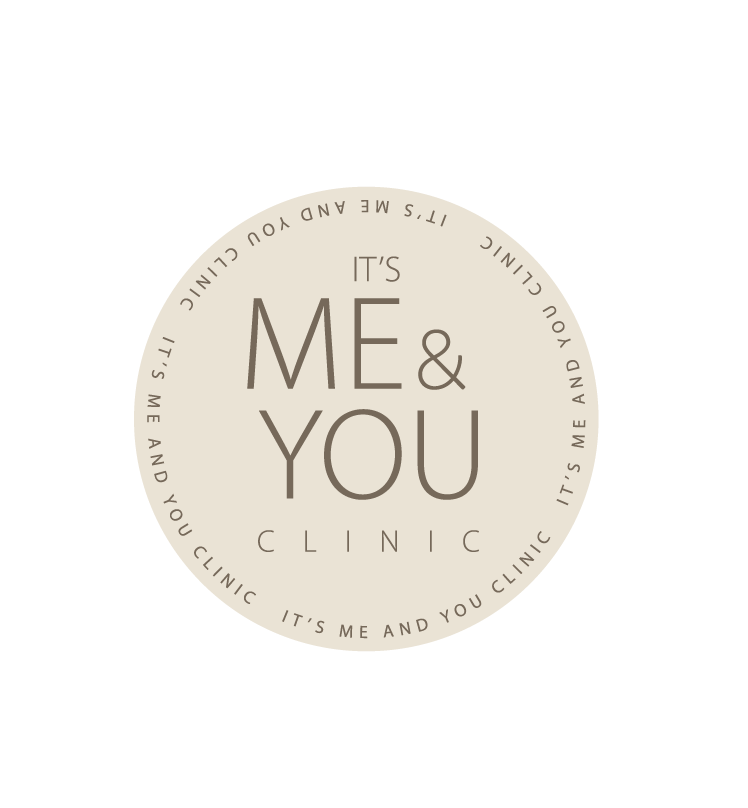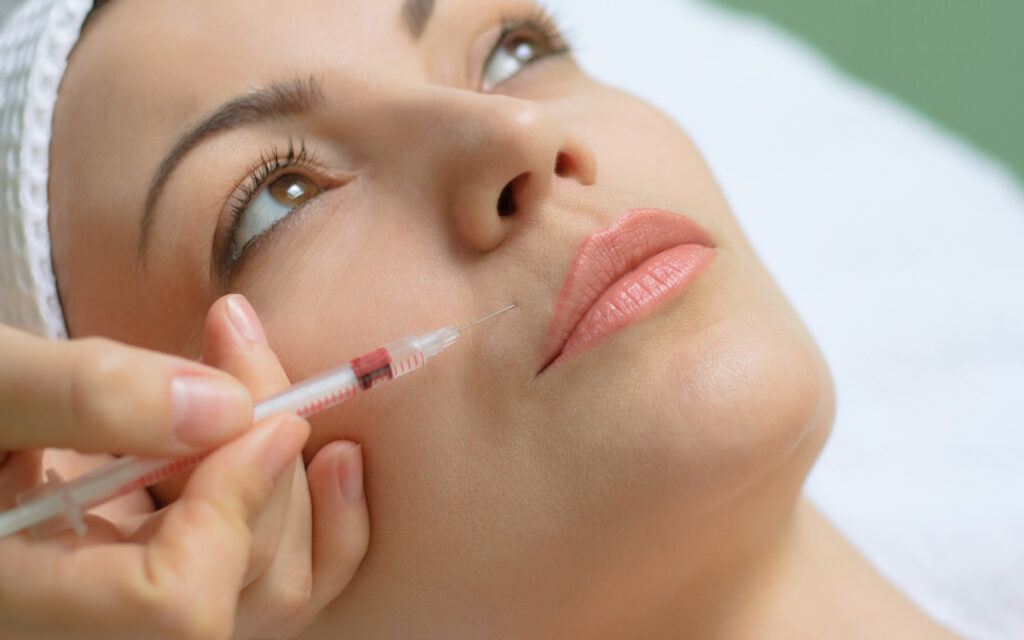Botulinum toxin injection treatment is a relatively safe and non-invasive procedure, although its effects on pregnancy remain underreported. This article discusses the safety of botulinum toxin injection treatment during pregnancy, when you can resume it after pregnancy, and the possible side effects of the anti-wrinkle treatment.
Botulinum toxin injection weakens and freezes the muscles. The anti-wrinkle injection injections block chemical signals that cause muscles to contract. Botulinum toxin injection is commonly used to relax facial muscles that cause the appearance of wrinkles in the forehead and areas around the eyes. If you are concerned about eliminating facial wrinkles and fine lines, using Botulinum toxin injection is a good option. Botulinum toxin injection can help you achieve a facial appearance that gives you a youthful appearance. However, they offer a remedy to wrinkles caused by muscle movements but are excellent for wrinkles resulting from sun damage. Botulinum toxin injection requires additional injections to maintain its effectiveness in the injected area. Botulinum toxin injection effect is not permanent; therefore, it is not ideal for providing a permanent solution. Its effect can last for 3 to 6 months after injection.
According to Graziano (2016), apart from being used as a cosmetic treatment, Botulinum toxin injection is also used medically to treat headaches, abnormal swelling, and other conditions. The foods and drinks you eat directly affect the baby’s health during pregnancy. However, there is much doubt about the effect of cosmetic treatments you can take during pregnancy. One of the most common questions concerning getting botulinum toxin injections is its safety for pregnant women. There is not enough evidence to show that Botulinum toxin injection is safe during pregnancy. Medicines and Healthcare Product Regulatory Agency (MHRA) advises pregnant women to avoid botulinum toxin injection unless it is used for medical reasons. There is a lack of clinical studies to show its effect on pregnant women. According to Hurkadle et al. (2012), animal studies in pregnant rats, mice, and rabbits resulted in reduced bone development, low birth weights, fetal malformation, and abortions when exposed to botulinum toxin injection. The animal study is insufficient to conclude that the same effect can occur in pregnant women. It is, therefore, wise to consider safety and avoid taking risks. From a study by MHRA, the risk to the baby is very low if you unknowingly had a Botulinum toxin injection while pregnant. It would help if you had no other Botulinum toxin injection for the rest of the pregnancy.
When Can I Resume Using Botulinum Toxin Injection?
The effects of botulinum toxin injection on breast milk remain unknown. For this reason, it would be necessary to avoid Botulinum toxin injection until you stop breastfeeding your child. Like other cosmetic treatments, Botulinum toxin injection has some side effects that can negatively affect breastfeeding others; this is another reason why breastfeeding mothers should avoid Botulinum toxin injections.
What Are the Possible Side Effects and Complications of Botulinum Toxin Injection?
To understand the risks that pregnant mothers can put themselves into in case they get Botulinum toxin injection injections during pregnancy, below are the risks and side effects associated with getting Botulinum toxin injection injections:
· According to Jia et al. (2016), Botulinum toxin injection can cause swelling, bruising, and pain in the injected area. Bruising can occur if the needle injects a blood vessel causing blood to leak beneath the skin, causing the skin’s surface to have a reddish appearance. Chances of bruising and swelling may be higher in patients who take blood thinners or consume alcohol.
· The patient might experience a headache after the injection. There is no consensus about what causes headaches after treatment, but it might be or over-contraction of some facial lines.
- Eye redness
- A twisted smile may appear on the patient’s face while smiling later after the injection.
- The patient’s eyebrows might appear to be ranging.
Even though it is unlikely to happen, Rouientan et al. (2019) stated that injection toxins might spread to other body parts. You should visit your cosmetic doctor if you experience the following effects a few hours or days after injection.
- Weakness of muscles
- Loss of bladder control
- Vision problems
- Breathing problems
- Trouble speaking
- Trouble swallowing
Botulinum toxin injection is a temporary treatment lasting 3-4 months. The longevity of the anti-wrinkle techniques varies from one patient to the other. It might last 4-6 months for certain patients, while the range might be shorter for others. To some patients, the effects might not last for long, but the effect may last longer after the second injection; this means that the injection experience and the result are only sometimes similar for everyone.
Frequently Asked Questions about Fillers
What Can I Expect during My First Botulinum toxin injection Treatment after Giving Birth?
At the beginning of the appointment, the doctor allows the patient to ask questions, and he responds to them. The doctor then makes Botulinum toxin injections at different points in the intended area. The botulinum injection procedure takes 10 to 15 minutes. Some patients report a small pinching sensation.
How Long Does Botulinum Toxin Injection Take to Kick In?
You can begin to see results 2 to 4 days after injection. After this, you can see the full result 10 to 14 days after injection.
When Should I Try to Conceive after Botox Treatment?
The effect of Botulinum toxin injection lasts in the body for 3-4 months after injection. Even though the effects of Botulinum toxin injection are not known at the point of conception, you should try to conceive 3-4 months after injection. It is better to consult a qualified cosmetic doctor to get a better explanation of this issue.
Conclusion
In general, it is safe to avoid cosmetic treatments during pregnancy. Pregnant patients may experience changes like hyperpigmentation during pregnancy; therefore, Botulinum toxin injection might complicate these changes. The injection is also used to treat headaches. However, if a pregnant patient is experiencing a severe headache, doctors recommend painkillers instead of botulinum toxin injections because their effect on the unborn child is unknown. A qualified cosmetic doctor should only do anti-wrinkle injections to prevent side effects associated with how the doctor makes the injections. Botulinum toxin injection has shown great results for most patients, but pregnant patients should consult qualified cosmetic doctors to get more information about botulinum toxin injection.
References
Graziano, P., Dell’Aversana Orabona, G., Astarita, F., Ponzo, L. M., Nunziata, R., Salzano, G., … & Califano, L. (2016). Bilateral hypertrophy of masseteric and temporalis muscles, our fifteen patients and review of literature. Eur Rev Med Pharmacol Sci, 20(1), 7-11.
Hurkadle, J. K., Jatania, A., Shanthraj, R., Lakshmi, B., Subbiah, P., & Linga, S. (2012). Botox: Buy Me Beauty!. Journal of Orofacial Research, 160-164.
Jia, Z., Lu, H., Yang, X., Jin, X., Wu, R., Zhao, J., … & Qi, Z. (2016). Adverse events of botulinum toxin type A in facial rejuvenation: a systematic review and meta-analysis. Aesthetic plastic surgery, 40(5), 769-777.
Rouientan, A., Otaghvar, H. A., Mahmoudvand, H., & Tizmaghz, A. (2019). Rare complication of botulinum toxin injectioninjection: a case report. World journal of plastic surgery, 8(1), 116.
- Beat Cold Sores: Proactive Measures Post Lip Augmentation - February 20, 2024
- From Start to Finish: Understanding the Lifespan of Dermal Fillers - February 14, 2024
- How Long Do Bruises Last After Lip Fillers - September 5, 2023


